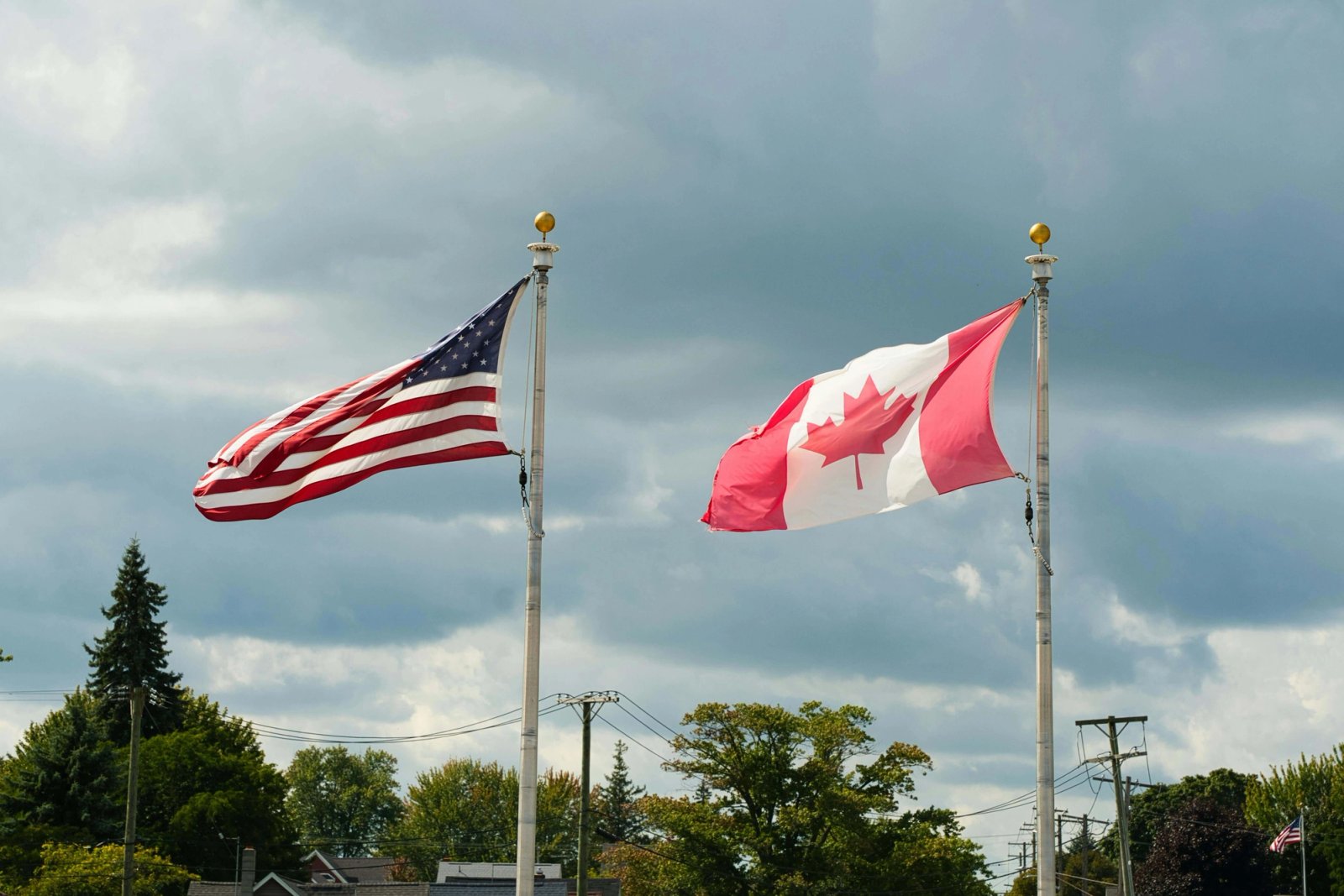Could Canada Have Become American? What History Reveals
Throughout history, Canada came close to becoming another star on the American flag. Explore the turning points when the nation’s future nearly took a very different path.
Throughout history, Canada came close to becoming another star on the American flag. Explore the turning points when the nation’s future nearly took a very different path.
Every now and then, the news brings old historical questions back to life. Recently, comments made by the 47th President of the United States rekindled a long-standing debate: could Canada have ever been annexed by the U.S.? It may seem far-fetched today, but history shows us that this idea came close to becoming reality more than once.

Since the birth of the United States, the idea of annexing Canada has surfaced in both political and military contexts.
As early as 1775, in the midst of the American Revolution, American troops invaded the Province of Quebec. They hoped French Canadians would join their fight against British rule. After taking Montreal, they advanced toward Quebec City, where they were ultimately pushed back. This moment is often seen as the closest Canada came to becoming the 14th American state.
The War of 1812 brought another wave of tension. The U.S. declared war on Britain and invaded parts of what were then Lower and Upper Canada. While it may have looked like another annexation attempt, many historians believe it primarily served as leverage in negotiations with Great Britain, rather than a genuine plan to integrate Canada into the United States.
In the 19th century, the American political model held strong appeal for some Canadians.
At the time, Canada was not yet a country, but a British colony. While it had a parliament, real decision-making power still rested with the colonial administration. Reformers like Louis-Joseph Papineau and the Patriotes saw the American republic as a more democratic alternative.
After the failed rebellions of 1837-1838, many Patriotes fled to the U.S. For some, annexation became a serious consideration, a possible route toward greater political freedom and autonomy.
Annexation wasn’t only about politics, it was also driven by economic concerns.
In 1849, Britain ended its protectionist trade policies. Suddenly, Canadian businesses found themselves competing with other nations for access to British markets. Some business leaders began to see integration with the United States as a path to economic stability and growth.
This led to the signing of the Reciprocity Treaty in 1854, which reduced trade barriers between the two countries. While it didn’t erase annexationist thinking entirely, it significantly reduced its appeal, offering a taste of the free trade we know today.
Canada was never annexed, but the influence of the U.S. has left a lasting mark on our political and economic development. Even today, the close relationship between the two countries continues to shape our reality. History allows us to better understand the present.
This ability to analyze historical events is at the heart of the Secondary 4 History ministry exam, scheduled for June. It assesses understanding of major transformations in Quebec and Canada, politically, economically, and socially.
If your child is struggling with history or failing, don't wait. The exam is fast approaching, and every day counts. With the support of a tutor, they can catch up, solidify their knowledge, and prepare with confidence. Act now to give them every chance to succeed.